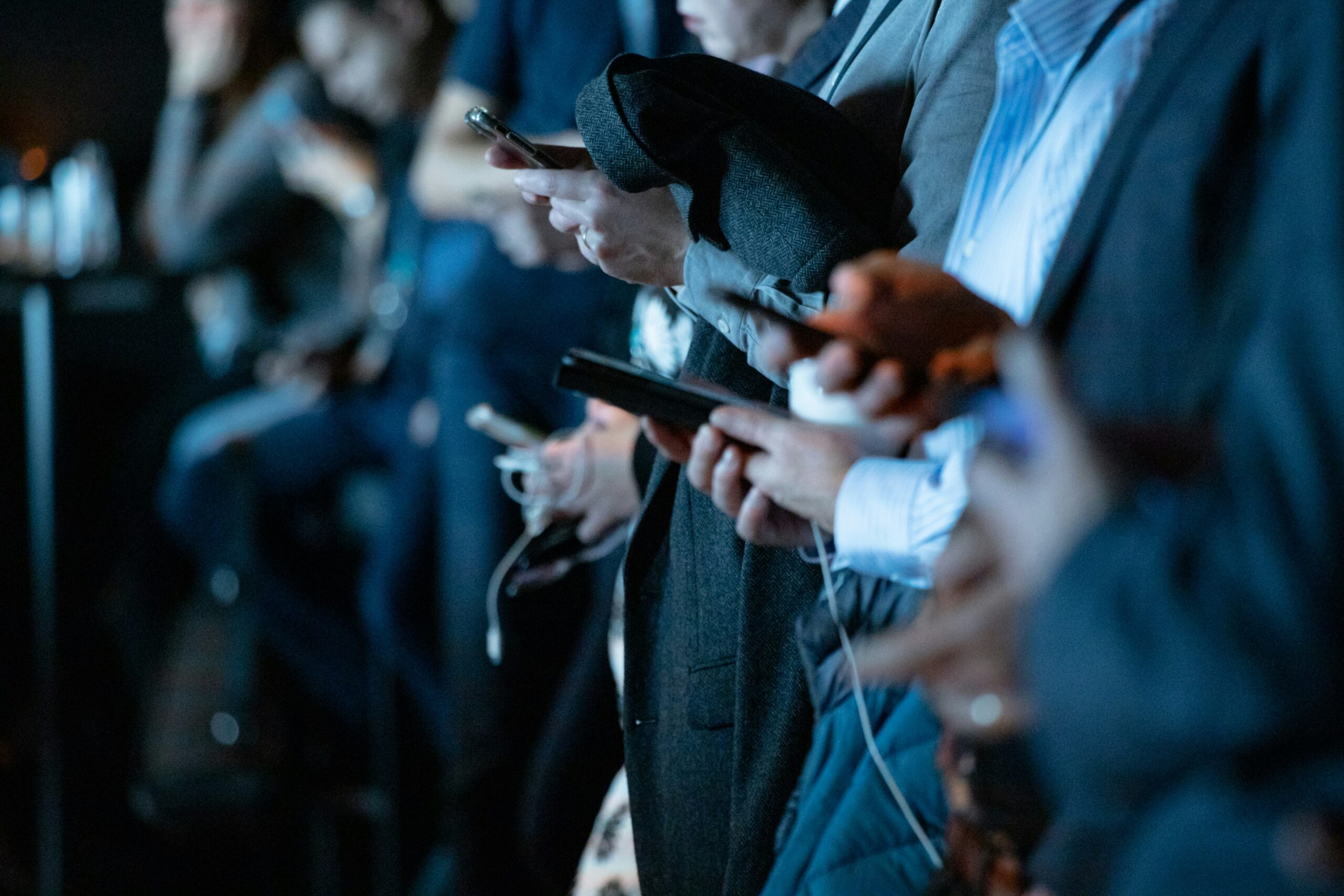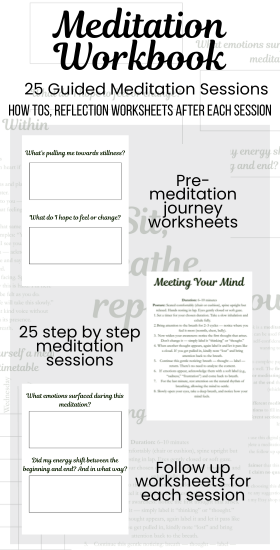Quick List of Negative Impacts
- More opportunity for comparison (see below)
- Increased FOMO (fear of missing out)
- Feeling upset about things you can’t control (see below)
- Feeling uncertain/anxious about people’s reactions to your posts
- A pressure to appear popular; valuing the number of comments, likes etc. highly
- High absorption of fake news and misinformation that could be unsettling
- Constant connection overload that is hard to process (notifications and mobile phones causing constant connection to social media
The Accessibility of Information
One of the biggest developments due to social media is the sheer rapidity of obtaining information. Not only are we able to access all kinds of different videos, photos and information from all parts of the world, but we can do it at any time, any place due to the existence of mobile phones. Now this can be seen as a good thing, we aren’t wasting any time looking through books or having to carry heavy books around everywhere we go; but there is also a negative side to this technological advancement.
Comparison: Increased accessibility to other people’s lives gives us more room for comparing ourselves to others. Usually people post only about the positive experiences in their lives, and so we often have a warped view of what other people are doing and feeling on a day to day basis. This can make us think that our life is below par, as although we can recognise difficulties in our lives, we aren’t seeing it in anyone else’s. Sometimes we can feel jealous or self-conscious because of this. We soon find ourselves setting unrealistic standards in our lives, of where we should be and how we should be doing everything and it all comes back to the fundamental concept of humans comparing each other – but this is heavily heightened due to social media.
Feeling out of control: Before this large increase in accessible information came about, people passed on any important information through word of mouth, letters or later on by emails. This meant that people weren’t able to know a lot of specifics about things happening around the world, and not a lot of news about foreign countries was available. However, today it is easy to connect with people from totally different parts of the world and read information about life in different countries; and although this helps us open our eyes to different cultures, there is a severe sense of helplessness when we read about disasters happening to other people very far away. When reading about poverty, natural disasters, upsetting politics or people suffering from harsh illnesses, we can’t take much action except donate to the cause if we can, and this can upset a lot of people. There is an important notion that you will reflect a lot of what you allow to enter your brain, so if you spend a lot of time looking into negative events, you will eventually feel more and more sad due to it.
At University and looking to cope with University related stress? How to cope with Uni Stress
Some Positives
Social media can help people reach support easier and quicker. This support can be messaging friends/family quickly or it could be through sources that allow people who are going through similar issues to connect. It is so easy to find communities on social media where people can connect and feel accepted, this is especially beneficial to those who don’t have others around them in their offline life going through similar things to them. Alongside this, social media can be a good distraction for stress, however this is usually only the case for long-term stress (eg. bereavement from a close family member or friend), as for short term stress is can actually worsen the stress.
How to Limit the Negative Impacts of Social Media
- Set yourself time limits/ restrictions on different social media apps. For example, you may allow yourself more time for YouTube but less for TikTok because TikTok shows a higher variation of content that is outside of your control compared to other platforms. You could also cut out social media completely when your on holiday/ at the weekend.
- Unfollow toxic influencers and people. There are so many influencers who use filters, editing, unnatural lighting and have had botox/ plastic surgery without disclosing it, cutting out influencers who portray life unrealistically causing you to feel badly can help your mental health.
- Find other things to do in-person with other people or find activities that don’t require social media such as arts and crafts or sport.
More Tips and Techniques to Reduce Stress Levels: Time Management Tips to Reduce Stress , Best Mindfulness Techniques to Reduces Stress
References (useful studies and websites with similar content)
Psychological Stress and Social Media Use
Social Media Use, Stress and Coping
Social media’s impact on our mental health and tips to use it safely







